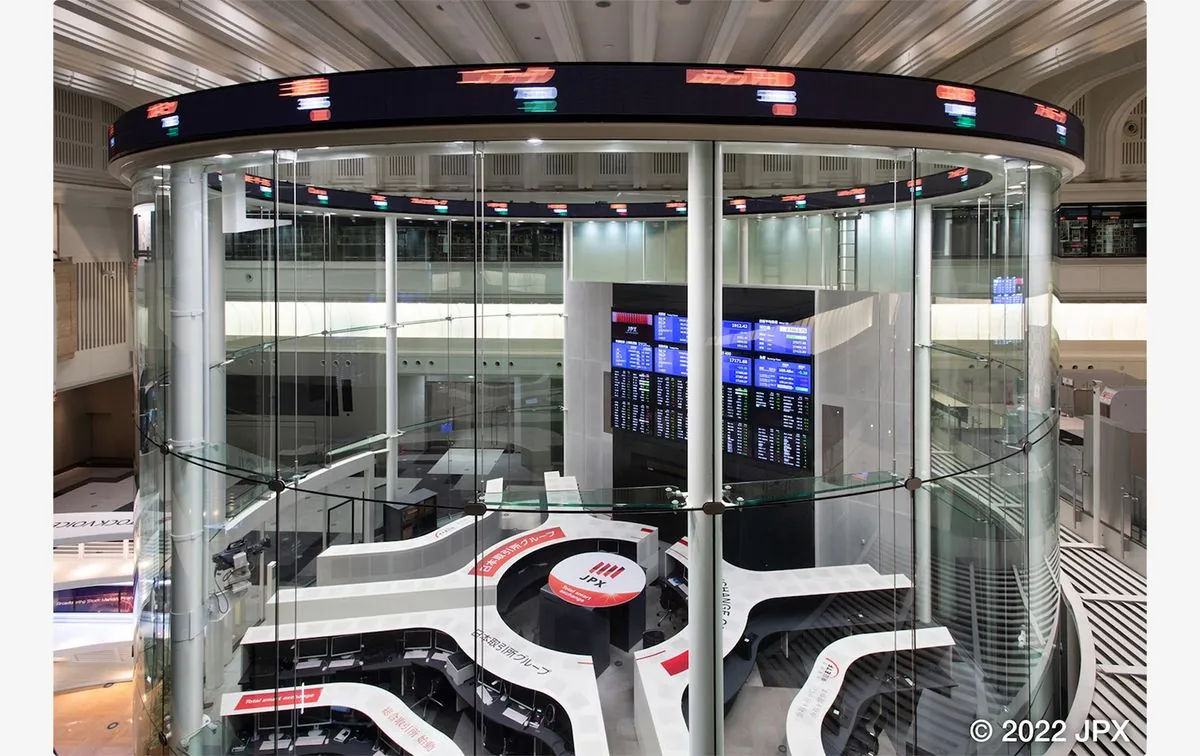Bridgewater Sees Japan's Stock Sell-Off as Exaggerated, Stocks Still Attractive
Bridgewater Associates views recent Japanese stock market volatility as overdone. Global macro hedge funds face challenges due to unexpected yen rally, impacting year-end recovery prospects.

Bridgewater Associates, the $112.5 billion global macro hedge fund founded by Ray Dalio in 1975, has shared its perspective on the recent volatility in Japan's stock market. In a commentary sent to investors, the firm suggested that the significant sell-off in Japanese equities was exaggerated and that these stocks remain somewhat attractive.
On August 5, 2024, the Nikkei 225, Japan's leading stock market index, experienced a 12.4% drop, marking its largest daily decline since the 1987 Black Monday crash. This sell-off was triggered by a U.S. job report indicating a higher-than-expected unemployment rate, sparking recession concerns in the world's largest economy. However, the following day saw a strong rebound, with the benchmark index closing up 10.2%.

Several factors contributed to the market turbulence:
- U.S. job data report
- Bank of Japan's surprise rate hike
- Unwinding of yen-funded trades
The Bank of Japan's decision to raise interest rates after maintaining negative rates since 2016 led to a stronger yen. This move, combined with slower growth in developed markets, created less supportive conditions for Japanese stocks. The unwinding of the yen carry trade, a strategy involving borrowing yen at low interest rates to invest in higher-yielding assets, further exacerbated market movements.
Despite these challenges, Bridgewater Associates maintains that the sell-off was shallow and short-lived, not representing significant changes in fundamental conditions. The firm continues to view Japanese equities as somewhat attractive.
"A lot of global macro managers going into this year were pounding the table that these (market) dislocations would be very beneficial to them and they would be able to take advantage of these opportunities. Unfortunately, I think you're going to see some disappointment."
The recent market volatility has particularly affected global macro hedge funds and managed futures funds (Commodity Trading Advisors or CTAs). These strategies, which typically use macroeconomic principles to inform investment decisions, had sizeable bets against the Japanese yen. According to PivotalPath, a hedge fund research firm founded in 2010, global macro quantitative funds posted losses between 1.5% and 2.5% from August 1-5, 2024, due to their short yen positions.
This recent drawdown compounds the challenges faced by these funds, which are now down between 4% and 5% year-to-date, despite posting gains of almost 8% in April 2024. The unexpected rally in the yen has made a year-end recovery more difficult for these funds, highlighting the risks associated with currency trading and the carry trade strategy.
As the third-largest economy in the world by nominal GDP, Japan's stock market performance continues to be a focal point for global investors. The interplay between economic indicators, central bank policies, and currency movements underscores the complex dynamics that hedge funds and other market participants must navigate in today's interconnected financial landscape.


































